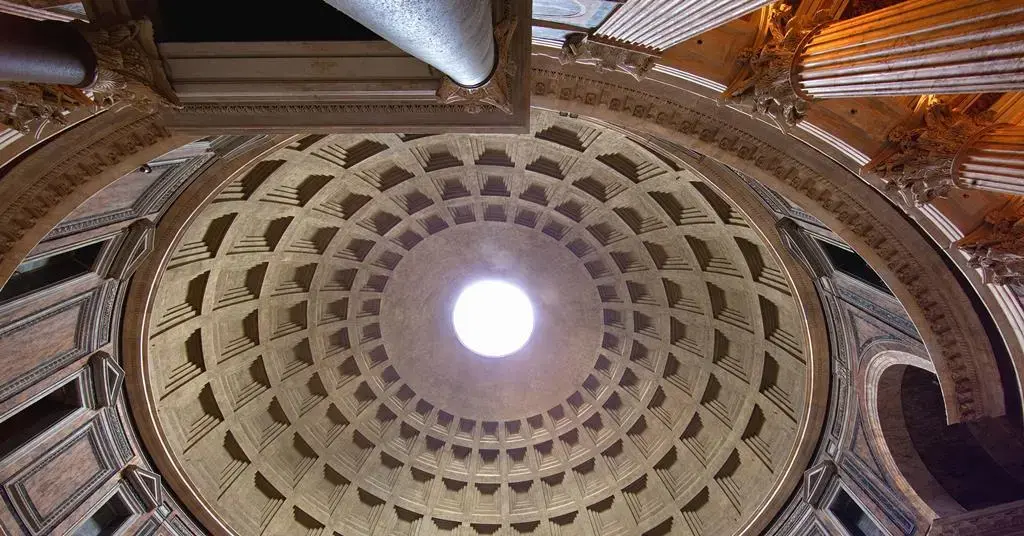The concrete dome of the Pantheon in Rome remains stable enough for visitors to walk beneath, and some Roman harbours have underwater concrete elements that have not been repaired for two millennia – even though they are in regions often shaken by earthquakes.
Whence this remarkable resilience of Roman concrete architecture? It’s all down to the chemistry.



The article suggests that the roman concrete gets it’s properties due to using a certain kind of volcanic ash found around Naples, but not common everywhere else, so using their recipe wouldn’t be sustainable with the amount of concrete we use these days.
On the other hand, these days it wouldn’t be about that specific ash. You could take a look at it, say “oh, yeah, that’s just florgium whateverthefuxide” and then there’d probably be readily available sources of it.
Got it.